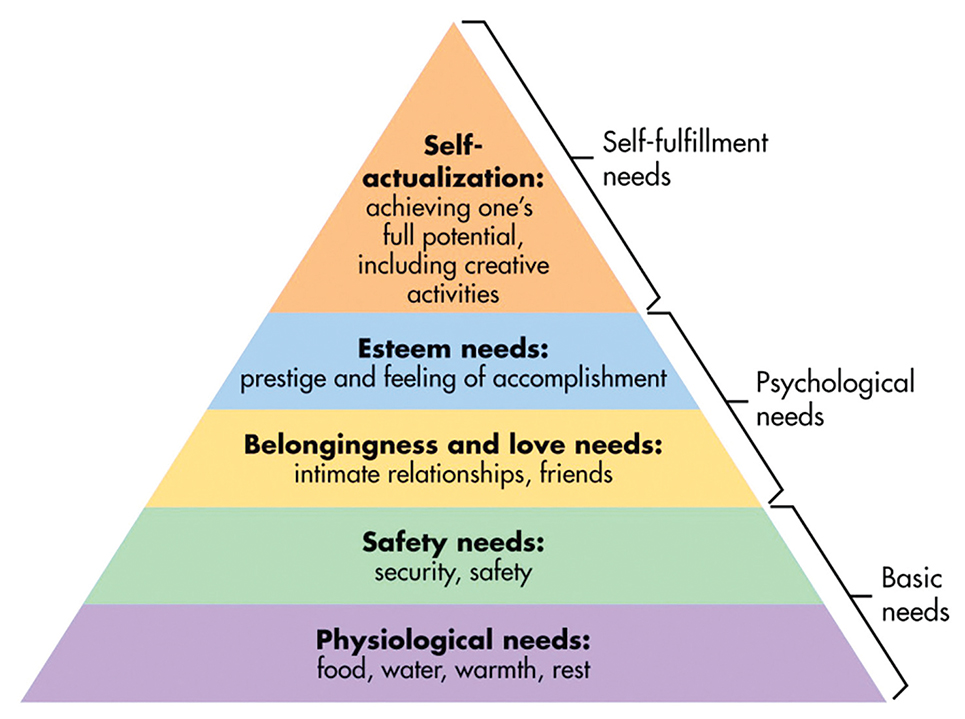
We’ve been tricked!
There we were thinking we were these clever, logical, reasoning creatures who are hijacked now and then by pesky emotions. Little did we realise that we’re actually out-and-out emotional creatures. Creatures who have been hijacked by the consciousness we’ve developed over our evolution into believing that we’re clever, logical, reasoning creatures who are hijacked by emotions.
Emotions that definitely have no place in business.
In fact, our conscious is not in control at all; it interprets a decision we make other-than-consciously. Researchers at the Max Planck Institute for Human Cognitive and Brain Sciences conducted experiments which evidenced our decisions using brain scans up to 7 seconds before we’ve ‘consciously’ decided. Source: Chun Siong Soon, Marcel Brass, Hans-Jochen Heinze & John-Dylan Haynes, “Unconscious Determinants of Free Decisions in the Human Brain.” Nature Neuroscience, April 13th 2008.
Think about it. It’s drummed into us from a very early age to manage our emotions. Stop crying, don’t be angry, show more passion… Actually, when you really think about it, even as adults most of our internal challenges relate to our lack of emotional control. Why are you comfort eating? Why do you drink to quieten the stresses of another busy day? Why are you so envious of the success of [insert name of the latest person who’s sold their business for millions/got the big promotion/seems to be happily married and living the dream].
At least you can now convince yourself it’s not ‘your’ fault?
However, something strange happens throughout academia and then going into business. It’s not just that we’re told to manage our emotions. They’re pretty much ignored. We generally don’t hire people based on an emotional profile we create. We don’t assess them based on their emotions. We don’t train their emotions.
And yet we are first and foremost emotional creatures. So why is this?
I would argue it’s down to the fairly early stage of business evolution that we’re at now. The 17th century Dutch East India Company is widely recognised as one of the earliest commercial corporate bodies, with some pointing to the Stora Kopparberg mining community in Falun, Sweden, which obtained a charter from King Magnus Eriksson in 1347 (Source: https://en.m.wikipedia.org/wiki/Corporation) – in fact Roman law recognised a range of non-commercial corporate entities in the 6th century.
When judged against the earliest evidence of stone tool use of our ancestors nearly three million years ago, businesses being around for anywhere between 400 and 1,500 years ago is a 0.5% evolutionary pinprick.
Why am I banging on about this? It’s simple really.
I would argue that the ‘mechanics’ of running a business are now so accessible – even though increasingly sophisticated/complex when we consider the plethora of technologies and data – that businesses need to bring in the emotions to get the competitive advantage.
Not only do we need to unleash the passionate, emotional depths of our team members in the creative jobs - arguably one of the few areas where emotions have been permitted in recent decades. We need to get more emotional as leaders as well as stimulating the emotions of all our team members. Just stand back and think about the dots that are there to be connected:
People want to work for passionate people who are on a mission to make a dent in the world. Jobs, Branson, Musk are so well-known because they were, or are, spiky and passionate and human.
Technology – regardless of its purpose - is rapidly becoming such a ubiquitous enabler that it’s our very human, emotional interface with it that causes some to fly and some to fail. If we don’t love how we interact with a technology in a smartphone-accelerated world it loses vs. tech we love to use.
Businesses exist to solve human needs and wants. Take a look at Maslow’s Hierarchy of Needs and try and separate the emotions from each level of those needs. Impossible. Those businesses that best understand those needs and wants by best understanding the underlying emotional drivers will win. The corporate blue-grey borgs will die.
Ironically, the very etymology of corporation is corpus, meaning body or “body of people”. The corporation as a body of people is legally a ‘person’ in its own right. Not bad for an intersubjective reality (something the majority of humans globally hold to be a real thing which doesn’t really exist, a bit like money…). Ignore the slightly mind bending aspect of this point and focus on this: we want businesses to feel like people we know and love. Full of emotions.
I started following Cal Newport’s blog when he was an undergraduate. He’s now a tenured experimental computer science professor at Georgetown. In parallel to his academic studies, he’s focused on the process of gaining knowledge, particularly deep knowledge and has popularised the term ‘Deep Work’. In his latest book of the same name he argues that the only people who will thrive in the future digital world – as well as the owners of capital and businesses – are either the people creative enough to work with intelligent machines or superstars: those who have followed their heart to deeply learn more than others about their craft.
So as owners of capital and businesses, what is our primary responsibility? Bring in the emotion, the passion, the creativity and the depth of skill to deliver what your future customers want. Or die.
Si Conroy specialises in helping business owners remove their blockers to profitable business growth; be they strategy, marketing & sales, people, finance or systems process. Trained at PwC and owner of Scarlet Monday
(www.ScarletMonday.com) and www.ConstantMentor.com, Si practices what he preaches across a number of businesses in which he has invested.
si@scarletmonday.com @siconroy






